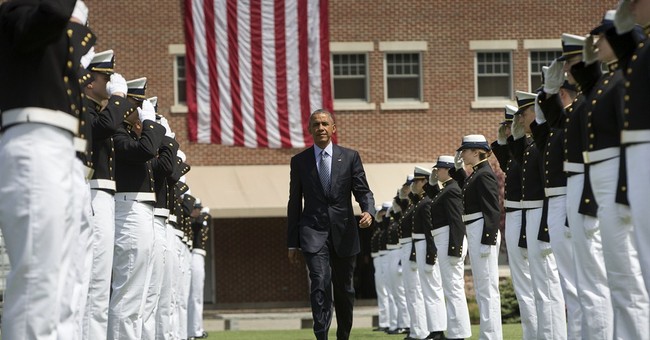In the first frightening minutes of Wall Street trading Monday, the Dow Jones industrial average plummeted more than 1,000 points in reaction to another overnight stock sell-off in China. Then came a remarkable recovery — up about 500 points in one hour, 300 another — followed by a second collapse before the Dow finished down 588 points, or 3.6 percent.
Insane day, but at least you knew the numbers were real. In New York, anyway.
Questions about the future strength of the Chinese economy are at the center of the market’s extreme volatility, but China’s actual performance is as mystifying. No one observing China completely trusts the accuracy of the country’s official economic statistics or fully understands Beijing’s decision-making process. This adds to the risk of assessing what’s happening over there. On Monday, American investors paid the price, in portfolio values and stomach pain.
Going forward, the China question could affect the U.S. Federal Reserve’s anticipated decision to raise interest rates, potentially delaying the U.S. economy’s return to more normal footing. Oil prices are in retreat because China’s a major buyer. In other words, a lot rides on Beijing getting its house in order.
Big-picture wise, China is well understood. It is factory to the world and an incredible growing market for consumer goods like cars and iPhones because of its rising middle class. Whatever uncertainties China presents as a competing political and military power, we know China already has staked a claim in the global economy. Consider China to be the world’s fourth table leg, supporting world growth alongside the U.S., Europe and Japan. Which, to reiterate, means everything the Chinese government does to manage its economy matters.
Yet, as we were reminded again Monday, China plays by different rules. Among global economic powers, it is the only nondemocratic country, run by the collective leadership of the Communist Party, whose boss, President Xi Jinping, may be the most powerful figure in Chinese politics since Deng Xiaoping. But who knows? Maybe he isn’t. There is no free press or speech in China, no political opposition, and no way to double-check the government’s math. The place is hard to analyze. There is only what we observe: the slow, steady embrace of free market principles, contradicted by the practice of secret decision-making and the tradition of ruling through official propaganda rather than truth-telling.
And our 401(k)s are dependent on this?
China clearly is in a growth slowdown. All the signs, from industrial production to real estate values, indicate that.
Chinese leaders, eager to encourage their consumers to keep spending, made a series of critical mistakes this year, starting with a veiled promise through the party mouthpiece People’s Daily to keep frothy stock prices rising.
That upswing didn’t materialize, leading to another opaque decision: devaluing the currency, ostensibly to allow the yuan to trade more freely as part of the transition to a free market economy.
But few people believe that explanation. To outsiders, devaluation looks like a panicked effort to goose growth, because a weaker currency would help exports. There’s been no better explanation posited by the government, leading outsiders to hope policymakers there have a better handle on things than appears. The Wall Street Journal threw up its hands at analyzing the fiasco: “One reason markets have been so unnerved is that China’s economy remains something of a black box,” its Beijing correspondents wrote Monday. “For starters, analysts have long wondered about the accuracy of government economic statistics. And levers pulled by Chinese policy makers can be unconventional.”
Hence the collapse of stocks globally, China’s included. The Shanghai Composite Index fell 8.5 percent Monday.
The levers of government don’t, and shouldn’t, control markets. Government’s job is to set conditions for markets to operate efficiently. Most of the time in the West, though, policymakers find a way, through steady leadership, to manage expectations. It starts with providing trustworthy data.
The pace of transition in China is breathtaking. China has quickly matured into a world economic power. But its travails no longer represent an interesting, distant experiment. China owes its partners a transparent accounting of its economy’s performance, and a thorough explanation of its decision-making. It’s time for China to commit to the next steps in its evolution from communism to capitalism, and be clear about it.








 A front-page headline in the Wall Street Journal screams out: "Islamic State's Gains Reveal New Prowess on the Battlefield."
A front-page headline in the Wall Street Journal screams out: "Islamic State's Gains Reveal New Prowess on the Battlefield."

